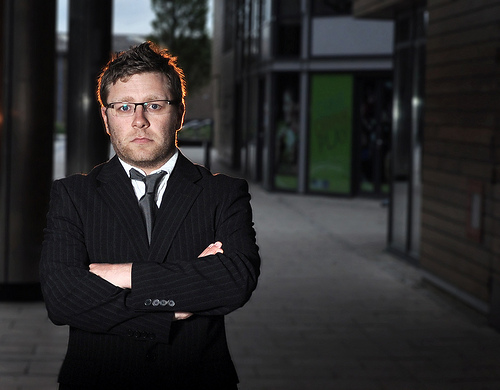Listen to the 6-minute podcast version
Watch a 1-minute introductory video
When I was 16, I discovered something that would change my life: drinking is fun! And it’s relaxing. Starting then, most of my enjoyable activities—for the next 30 years—included alcohol.
It came to be an adventure to drink as a teenager. Wrong enough to feel like I was taking a risk, but not enough to be scary. It never stopped being exciting to pop open that first beer of the night.
But the biggest reason I drank was because it made me feel the way I wanted to feel. I found myself being calmer and more into things at the same time.
Calmer because my always-active thoughts stopped pursuing me for a while. And there seemed less need to control everything, and everybody. Fewer worries. Being in the moment.
While also noticing other things much more vividly (at least for the first few beers). Like how funny and interesting and cool we all were. Including me!
But I was Valedictorian and President of the Honor Society. Obviously, alcohol wasn’t a problem.
Is Alcohol Okay if You’re High-Functioning?
I got better at drinking in college, because I was able to do a lot more of it. I was on my own, and I could do anything I wanted. Weekend drinking expanded into weeknight drinking. It was fun, so why not do it all the time?
Sure, a few bad things started happening. I discovered what hangovers felt like. I did some stuff I felt ashamed about the next day. And the next week. I started acting more often like somebody I didn’t want to be (when I was sober). But I got out of the DUI that found me, so that didn’t count against me.
My school work suffered some, but I didn’t care that much. I still made Dean’s List at Georgia Tech, so drinking couldn’t be much of a problem. Right?
After college, I started work at IBM and settled down a bit. After all, I had to get up early every morning. Of course, fun and relaxation still meant alcohol. Always. Isn’t it that way for everybody?
There were a few nights I didn’t remember. And I couldn’t talk my way out of the next DUI. But it was fine, because my friends drank, and we seemed to be doing all right. At least, on the outside.
In a way, it seemed more justified to drink then. After all, I was a professional and successful in Sales. “Work hard, play hard” became a badge of honor. I felt cooler and better than the straight people, because I could do well at work and party too!
Over time, I settled into the comfortable belief that I deserved to relax—drink—after a hard day at work. As long as I remained high-functioning, alcohol couldn’t be a problem.
Or so I thought.
The Doubts of a High-Functioning Alcoholic
Looking back, I’m not sure when I became an alcoholic.
I don’t think I paused to consider drinking as a problem until my early 40s, and I was normally able to talk myself out of the idea. After all, I was still doing well at work. I was a good husband and dad, and I was involved in my church and community.
Until an unsettling thought began to intrude on my consciousness: maybe being high-functioning doesn’t mean you’re not an alcoholic! And perhaps being active in church doesn’t mean alcohol has not become an idol. And it doesn’t change the fact that getting drunk is disobedience.
I started to notice that alcohol was more in control of me than I was of it. It was leading to more negative consequences. And every time I tried to quit, I found it really hard to stop.
All this new thinking was really killing my buzz.
I was still proud of the high-functioning part, and I desperately wanted that to justify the alcohol part. So I hung onto that rationalization as long as I could.
Until I became miserable. Sorry for lost time. Worried about whether I could quit, or if I wanted to. Mostly scared about finishing the rest of my life at half speed, not being the man I could be.
Was that to be my legacy, that I was a pretty good high-functioning alcoholic? When I got old, would I look back with regret on things I didn’t do in order to maintain a self-absorbed lifestyle?
I decided I couldn’t live that way anymore. And my new life began.
Question: Who do you know that may be a high-functioning alcoholic?
Next Right Step: Pause to consider the legacy you will leave when you are gone.


